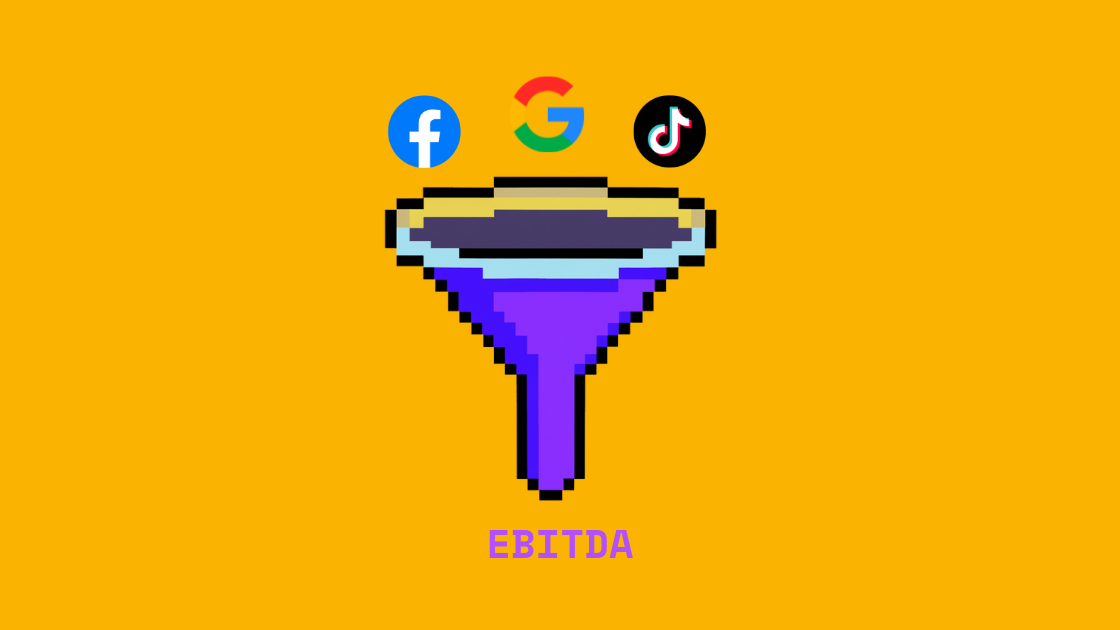90% Symmetrical
In Chess, the act of copying an opponent’s moves at the beginning of the game is referred to as a “Symmetrical Opening” or “Austrian Defense.” Of course, this strategy only works for so long, and eventually a competitor must look for their window of opportunity to establish an advantage. The concept behind this strategy is that it gives the opponent very little to react to, forcing them to lead and allowing the protagonist to react and play in a more adaptive manner. Strategists often draw comparisons between the game of chess and the business world, especially in the context of competition. Competition is always high on the list of uncertain factors in a given market or sector, and how a business addresses or doesn’t address competition can be highly consequential.
Companies that employ a strategy that is “90% symmetrical” to that of their competitors, and 10% innovative often prevail in competitive markets. Much like the Austrian Defense, copying competitors and effectively maintaining the “status quo” is a preserving strategy up to a certain point. The best companies, much like the best chess players, are the ones that are able to switch from symmetrical tactics to asymmetrical tactics at the right time in order to get a leg up on the competition. The internet is an interesting lens through which to analyze the questions that these strategies pose: How much should a company copy its competitors? How much should a company lead? What is the ideal ratio of competitive symmetry to asymmetry for businesses in a high growth sector such as the internet over the past three decades?
100% Symmetrical
Rocket Internet SE (RKET.DE) is a formerly publicly traded Berlin-based internet company that focuses on incubating, launching, and building startups from the ground up. Rocket is famous for popularizing two distinct trends: the venture builder model, and the European copycat model. The firm specializes in founding and growing startups in-house and has taken many of their portfolio companies from idea-stage to IPO. In the 2000s and early 2010s many high-growth US-based startups did not immediately expand into Europe for a number of reasons, and Rocket exploited this market gap by recreating products and launching them for the European market. A perfect example of this practice is Rocket’s first venture, Alando, an online marketplace for secondary goods that was acquired by its US-based competitor, Ebay, for $43M only 4 months after launching. Rocket successfully replicated this process many times over, and the firm IPO’d in 2014 at a valuation of $8.45B. While this strategy worked for Rocket for almost two decades, US companies started expanding to Europe more quickly as the internet became ubiquitous and the world got smaller. Rocket delisted from the Frankfurt Stock Exchange in 2020 with a valuation of just over $3B, over a 50% decline from its valuation at peak. While the firm’s symmetrical strategy worked for a period of time, a lack of innovation or asymmetrical tactics eventually had a negative impact on the firm’s performance.
100% Asymmetrical
Pets.com and CMGI are both companies that fell victim to the dot com crash of 2000. Both firms were building innovative products that leveraged new opportunities created by the consumer internet. Pets.com was not only a first mover in the ecommerce sector, but it was the first company to take the massive pet products market online. There are a number of companies operating in this space today including Chewwy, Barkbox, Amazon, 1800 Pet Meds, and Petco. Pets.com shutdown in 2000, just 7 months after raising $82.5M in an IPO. CMGI was an early internet holding company that looked a lot like Google’s Alphabet does today. In the late 1990s the firm had over 20 operating internet-based subsidiaries and five thousand employees globally. The company’s portfolio included early internet standouts such as AltaVista, Lycos, and GeoCities. At its peak, the company had a valuation of $41B, value that was entirely wiped out by the dot com crash. Both Pets.com and CMGI made the mistake of being 100% asymmetrical in their strategy; the companies built products and services that their competitors were not yet offering. The reality of the late 1990s and early 2000s is that less than 50% of US households had access to the internet. Therefore, by being innovative and 100% online businesses, the companies put themselves at a strategic disadvantage. While these businesses made sense conceptually, they were not practical, and neither company benefitted from their visionary and differentiated strategies in the long run.
90% Symmetrical
Facebook was founded in 2004, just a handful of years after Pets.com and CMGI met their demise-by-innovation. At this point, the consumer internet had matured substantially, and a category of websites referred to as “social networks” was an emerging trend. Social networks that existed prior to Facebook included Six Degrees, Ryze, Friendster, LinkedIn, Hi5, MySpace, and Google’s Orkut. These sites all included a very similar product offering: the ability to connect and chat with people, create a personal profile, and post pictures online. Facebook was no different from the competition in this sense, the site’s product offering was 90% symmetrical to that of the rest of the market. Founder Mark Zuckerberg and his team used these sites as inspiration when building their product; the firm gained its strategic advantage from two small tweaks. The two differentiating product tweaks employed by Facebook were exclusivity, and user experience. In the early days of the platform, Facebook was only available to students from certain organizations which helped to create exclusivity and virality in its adoption. The platform was also ad free, which created a superior and differentiated user experience. These asymmetrical strategic decisions helped to catapult Facebook over its competition. Valued at over $800B, Facebook is now the 6th largest company in the world by market cap.
Implementing the Austrian Defense
Much like in chess, a well-executed Austrian Defense can help a company beat its competition. Ultimately, this is done by keeping up with the status quo through symmetrical moves and looking for opportunities to strike opportunistically and make asymmetrical moves that create strategic advantages. While 90% symmetrical and 10% asymmetrical is an arbitrary rule, analysis of a number of companies in the internet market would suggest that it’s about right.
“About right” is the proper way to look at strategy, because after all, strategy is a living and breathing series of decisions, not just a plan. So if you’re a founder or a manager, don’t feel bad about being a copycat, just make sure that you’re doing a few things differently.
Sources:






